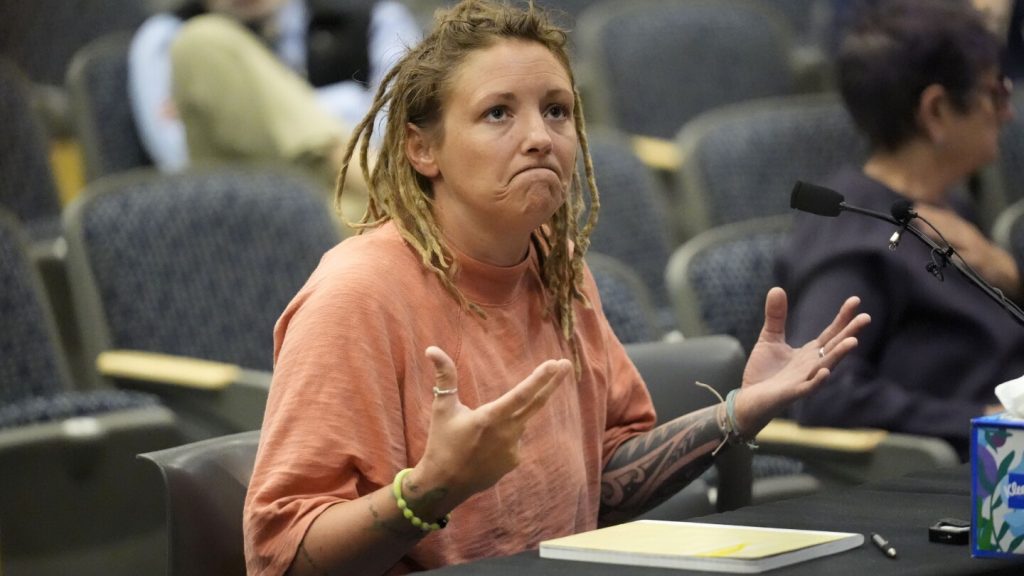Family members of Army reservist Robert Card, who killed 18 people in Maine, delivered an emotional apology during a public hearing of an independent commission investigating the mass shooting. The family detailed their struggles to get Card mental health care as his mental health deteriorated in the months leading up to the tragedy. They expressed deep sorrow for the victims and frustration towards Army officials and law enforcement for not assisting them in their efforts to get help for Card.
The commission has already heard testimony from various individuals, including police, victims’ families, and other Army reservists, regarding the deadly shooting. After the incident, the Maine legislature passed new gun laws, including strengthening the state’s “yellow flag” law, prohibiting the transfer of guns to prohibited individuals, and increasing funding for mental health crisis care. The shooting sparked a discussion on gun control in a state with a strong tradition of firearms ownership.
Card’s family had previously released a statement expressing their sorrow and revealing that an analysis of Card’s brain tissue showed evidence of traumatic brain injuries. They attributed Card’s mental decline to his exposure to training with hand grenades. The family criticized the military, law enforcement, and media coverage for their handling of the situation, accusing them of ignoring warning signs and failing to provide proper support for individuals struggling with mental health issues.
One of Card’s ex-wives, Cara Lamb, spoke about her concerns regarding his growing paranoia and access to guns, sharing her worries with a school resource officer in 2023. Fellow Army reservists also witnessed Card’s mental decline, with one individual expressing concerns about the potential for a mass shooting. The commission’s interim report suggested that law enforcement should have taken action to seize Card’s guns based on warnings, but failed to do so, leading to criticism of their handling of the situation.
Lamb expressed regrets about not being more proactive in seeking help for Card and questioning law enforcement’s handling of the situation. The family recounted instances where they felt pressured by law enforcement to take responsibility for removing Card’s guns, ultimately leading to a miscommunication that left Card with access to firearms. The commission acknowledged the family’s difficult position and thanked them for their testimony, recognizing the challenges they faced in trying to navigate a complex and tragic situation involving a loved one.
The Army emphasized the need to protect soldiers against blast-induced injuries, highlighting the importance of addressing mental health issues among military personnel. The full report of the commission’s investigation is expected to be released later this summer, with further insights into the events leading up to the mass shooting and recommendations for preventing similar incidents in the future. The testimony provided by Card’s family sheds light on the struggles they faced in trying to intervene and seek help for a loved one in crisis.


